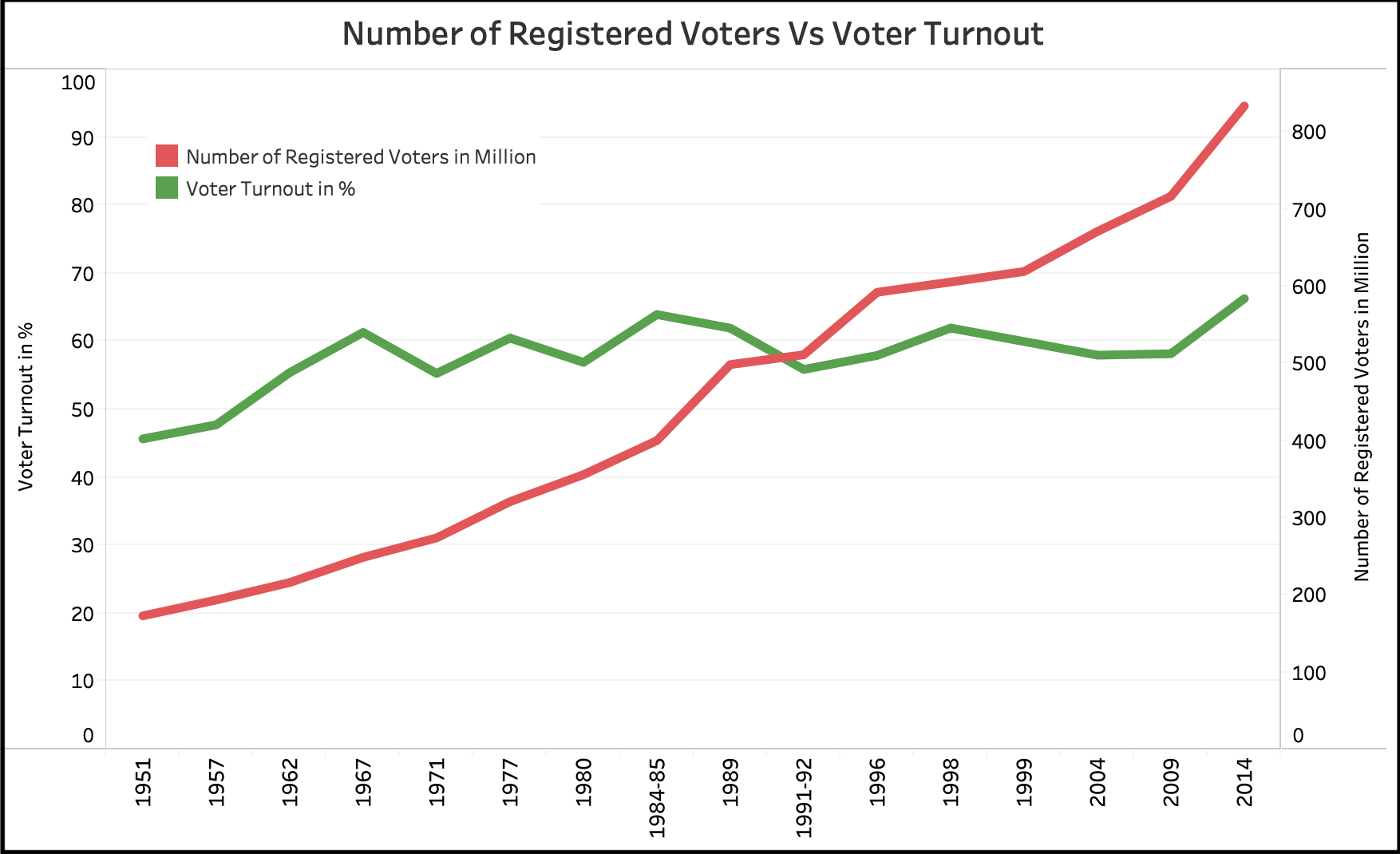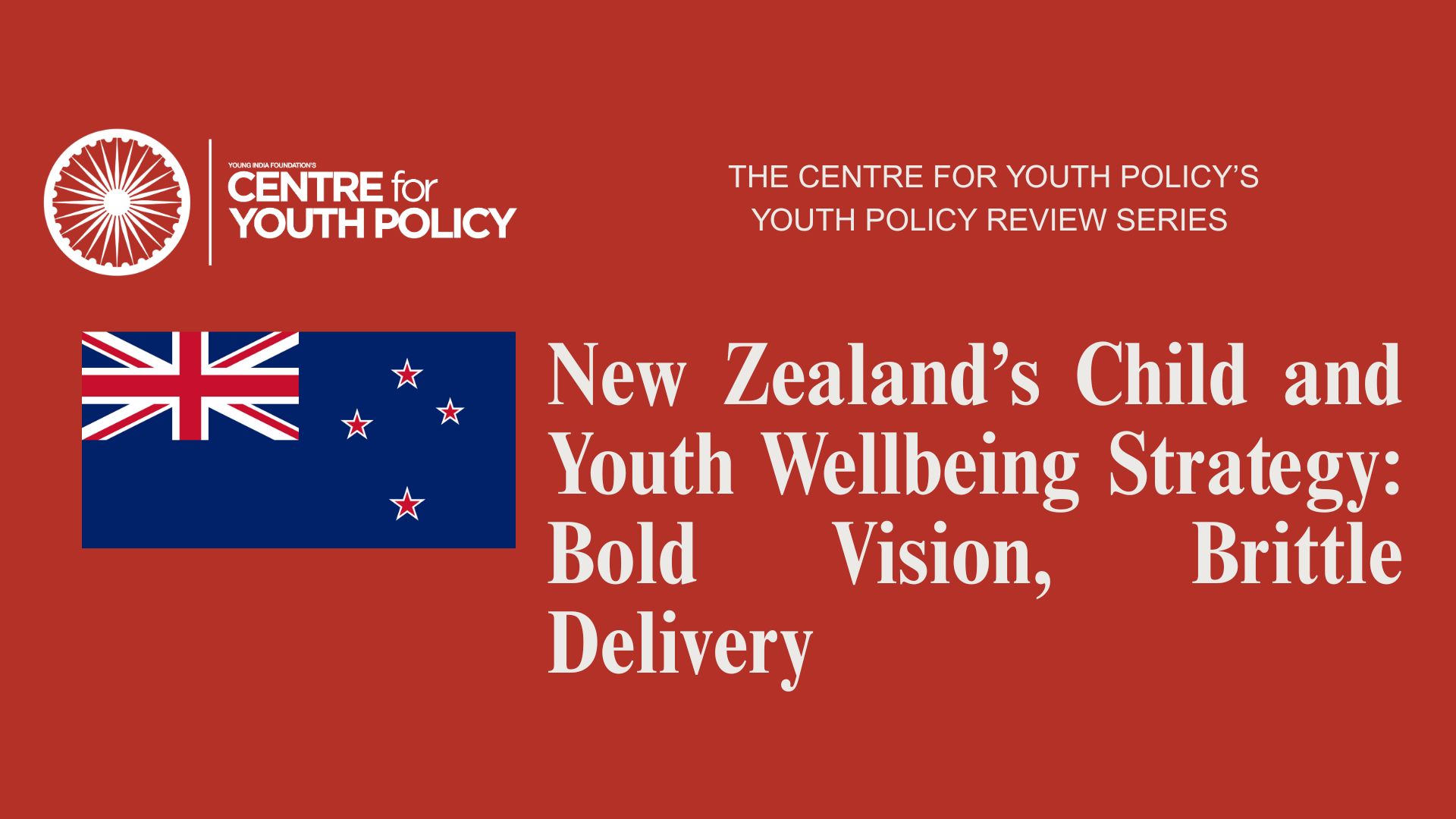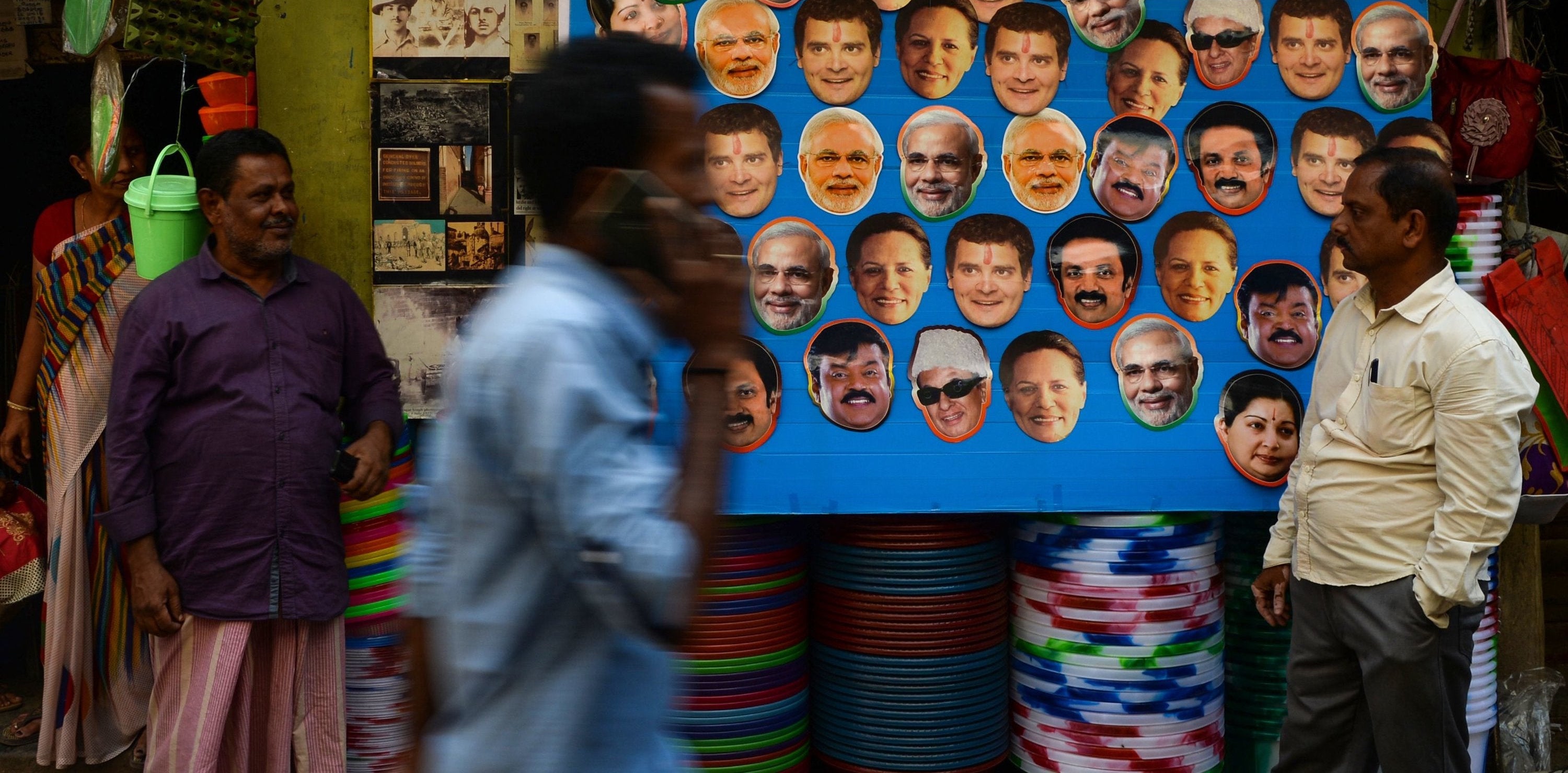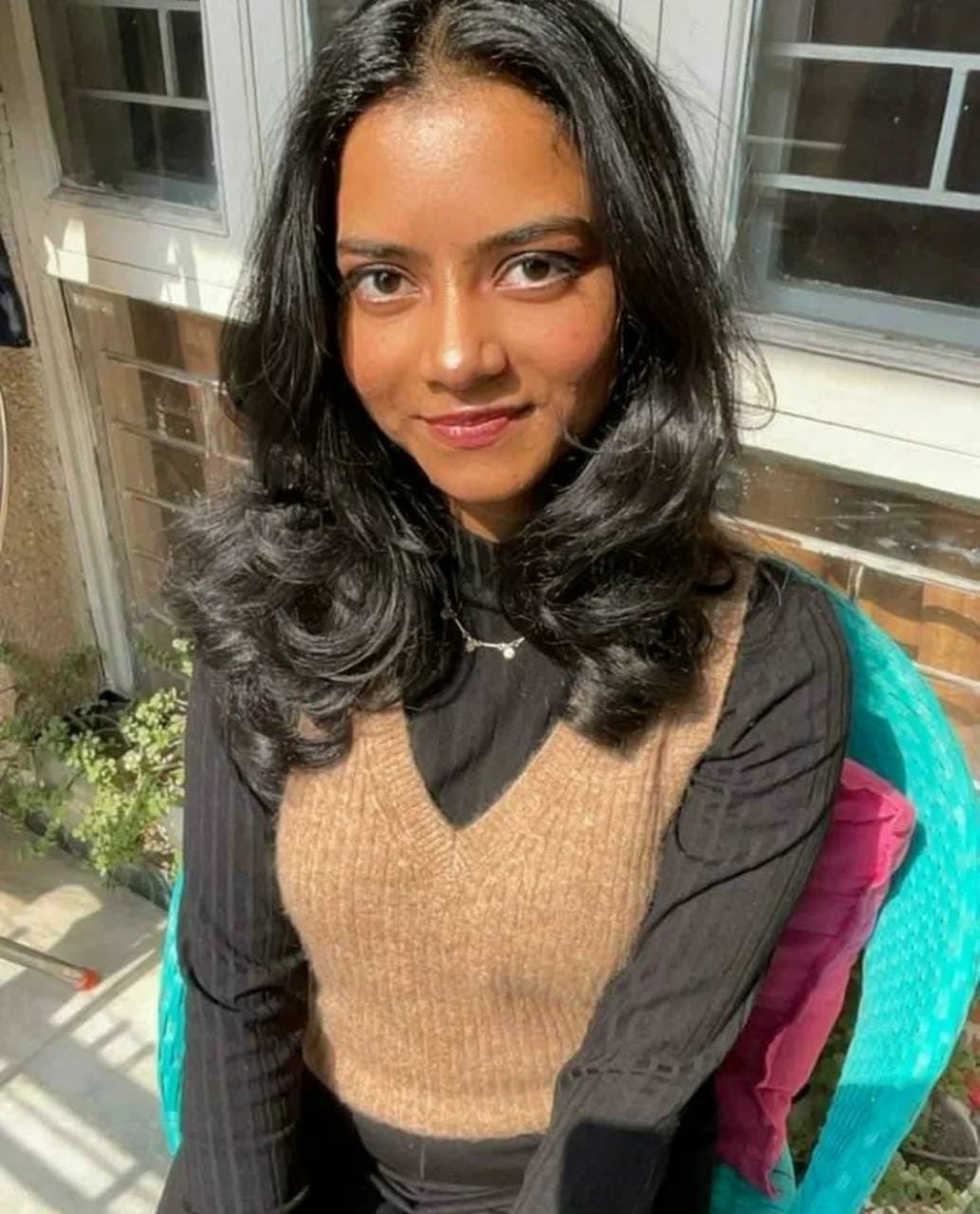The struggle for equal voting rights dates to the earliest days of Indian history. After a period of bipartisan efforts to expand enfranchisement, Indians once again faced a new obstacle to voting: the youth was cognizant but unrepresented.
The year is 1984, India isn't doing too well, and Rajiv Gandhi becomes the youngest Prime Minister at the age of forty. Other politicians are aging well into their 70s and 80s. But India is a young country, with a demographic advantage that could turn into its single greatest disadvantage, if the youth are not included in, and harnessed to the process of development. And so Gandhi is on a mission to capitalize on this opportunity.
An idea that caught his attention was lowering the voting age from 21 to 18. The movement had stemmed in the 70s when there was a sense of exclusion felt amongst young Indians from the political process and the lack of representation for their concerns.
Even though India had exponentially gotten younger over the years, her elected representatives kept getting older and older. One reason for this was the voting age set to 21. A number so exalted just to be on par with the British which had no scientific reasoning.
But here’s the thing: Academics did a study starting from the 60s and well into the 2000s that proved that if you start voting at the age of 18, you’re more likely to be a life-long voter for the rest of your life. In other words, data and science prove that the earlier in life you vote, the more you vote.
Additionally, the habit of voting from the age of 18 amasses the level of political knowledge and turnout. So as voters age, they are likely to be subject to more and more intense political participation norms.
Therefore, the imperative need for a great creative effort born out of devotion to intelligent and laborious hours of youth became inevitable and necessary. For all of these reasons, Gandhi realized there was potential to capitalize on the youth demographic and so he pushed through the parliament the 61st Amendment which would make nearly 50 million new citizens vote — then 13% of the population.

In less than six months, the Election Commission of India said that 15 million voters registered themselves and voted for the first time in General Elections in the November of 1989, because of this bill.
And so with the reconstruction of Article 326 of the Constitution, turning out to vote once again became the most common and important act citizens took up in the scenes of Indian democracy.
On the 34th anniversary of the amendment, we celebrate having the right to vote at the age of 18 and lay our trust in the 98 crore Indians who now yield the power to steer the world's largest democracy towards a better future.


.jpg)

